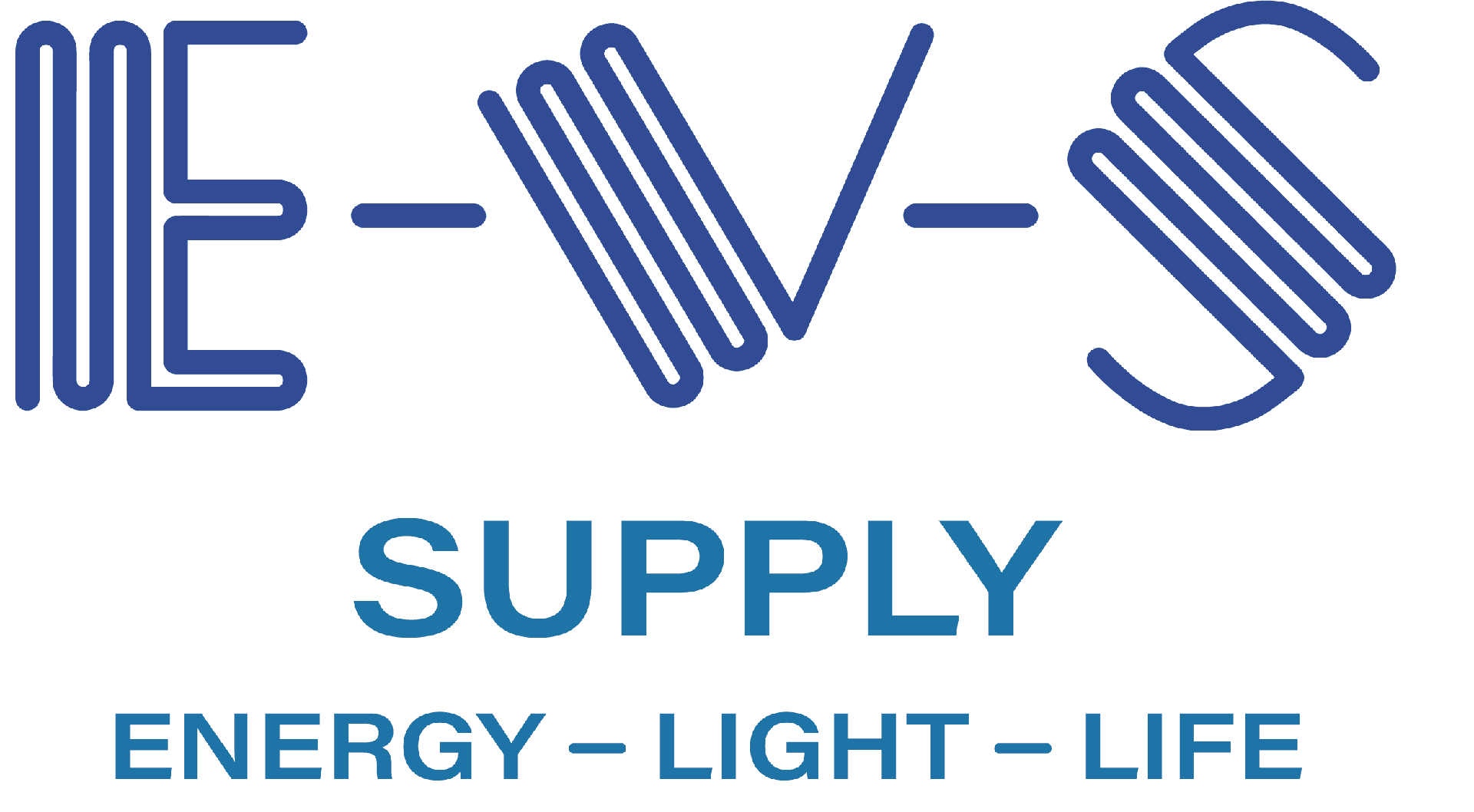Defense vehicles have become increasingly prevalent in modern territorial security measures and war preparation systems. These include unmanned aerial vehicles (UAVs), unmanned ground vehicles (UGVs), and autonomous underwater vehicles (AUVs). One crucial component of these vehicles is their power source. As a result, military batteries have emerged as a leading technology for defense vehicle applications.
In this post, we will explore the use of military batteries in UAVs, UGVs, and AUVs and the benefits they offer for defense operations.
Lead-Acid vs. Lithium: Which Is Better for Defense Vehicles?
To better determine which military battery pack is superior and more durable, it’s crucial to understand the specific technologies at work with each option.
Lead-Acid
Lead-acid batteries are rechargeable batteries that have been used for over 150 years. They consist of a lead-based negative electrode, a lead dioxide positive electrode, and an electrolyte of diluted sulfuric acid. They are relatively inexpensive, durable, and have a high energy density. However, they are heavy and have a limited number of charge-discharge cycles.
Lithium
Lithium-ion batteries are rechargeable batteries that employ lithium ions as the primary component in the charge transport between the anode and cathode. They have a high energy density, are light, and last a long time. As a result, they’re widespread in portable electronics, electric cars, and energy storage systems.
Military Applications
Military vehicles operating on the ground, air, and sea use different batteries due to compatibility and durability considerations. Below are the different types of vehicles and the suitable batteries for each:
Unmanned Aerial Vehicles
UAVs, also known as drones, have become valuable tools for military operations, providing surveillance, reconnaissance, and attack capabilities. Lithium batteries’ lightweight and compact design make them an ideal power source for UAVs, which need to be light to achieve optimal performance. These batteries’ high energy density, long service life, and low self-discharge rate allow UAVs to fly longer, cover greater distances, and carry heavier payloads.
Unmanned Ground Vehicles
UGVs are utilized in various military activities, such as explosive ordnance disposal, observation, and recon. The ability of lithium batteries to operate in a wide range of temperatures makes them an ideal power source for UGVs, which may be used in extreme environments. The high retention of these batteries also allows them to retain their charge for long periods, making them well-suited for UGVs that may be deployed for extended periods.
Autonomous Underwater Vehicle
AUVs are used for many purposes, including mine detection. It may also undertake underwater survey tasks, including locating and mapping submerged wrecks, rocks, and obstructions that may impede commercial and recreational vessel passage.
Lithium batteries are often used in AUVs due to their ability to operate in harsh underwater environments and provide reliable power for extended periods. However, not all AUVs use lithium batteries.
High-Quality Military Battery Packs From EVS Supply
Lithium batteries have emerged as a leading technology for military battery applications, particularly in defense vehicles. Its properties provide the necessary performance, reliability, and durability required for military operations.
EVS Supply is a leading provider of custom battery packs, standard batteries, and energy-saving LED bulbs. Our custom-engineered military battery packs cater to defense vehicles, GPS and navigation systems, communications gears, and more.
Contact us to learn more about our products and services, or request a quote today!

